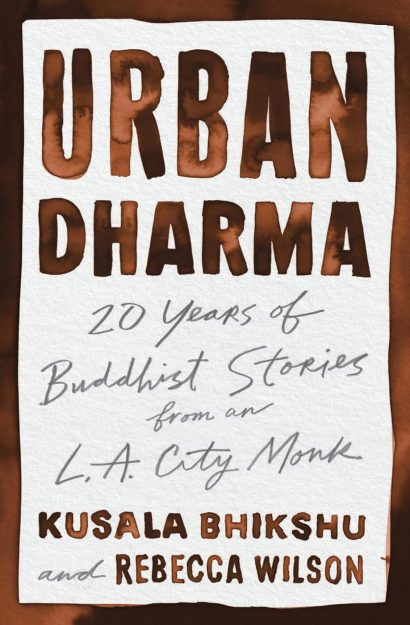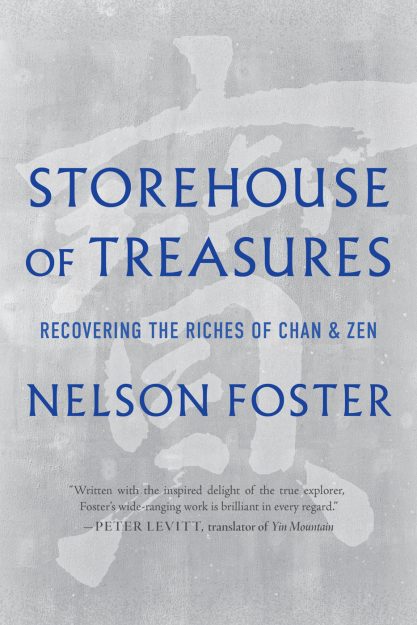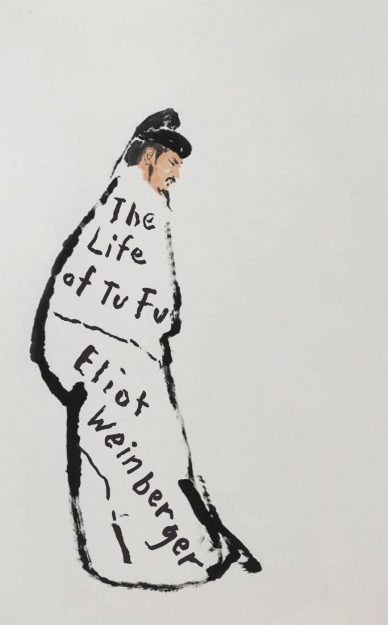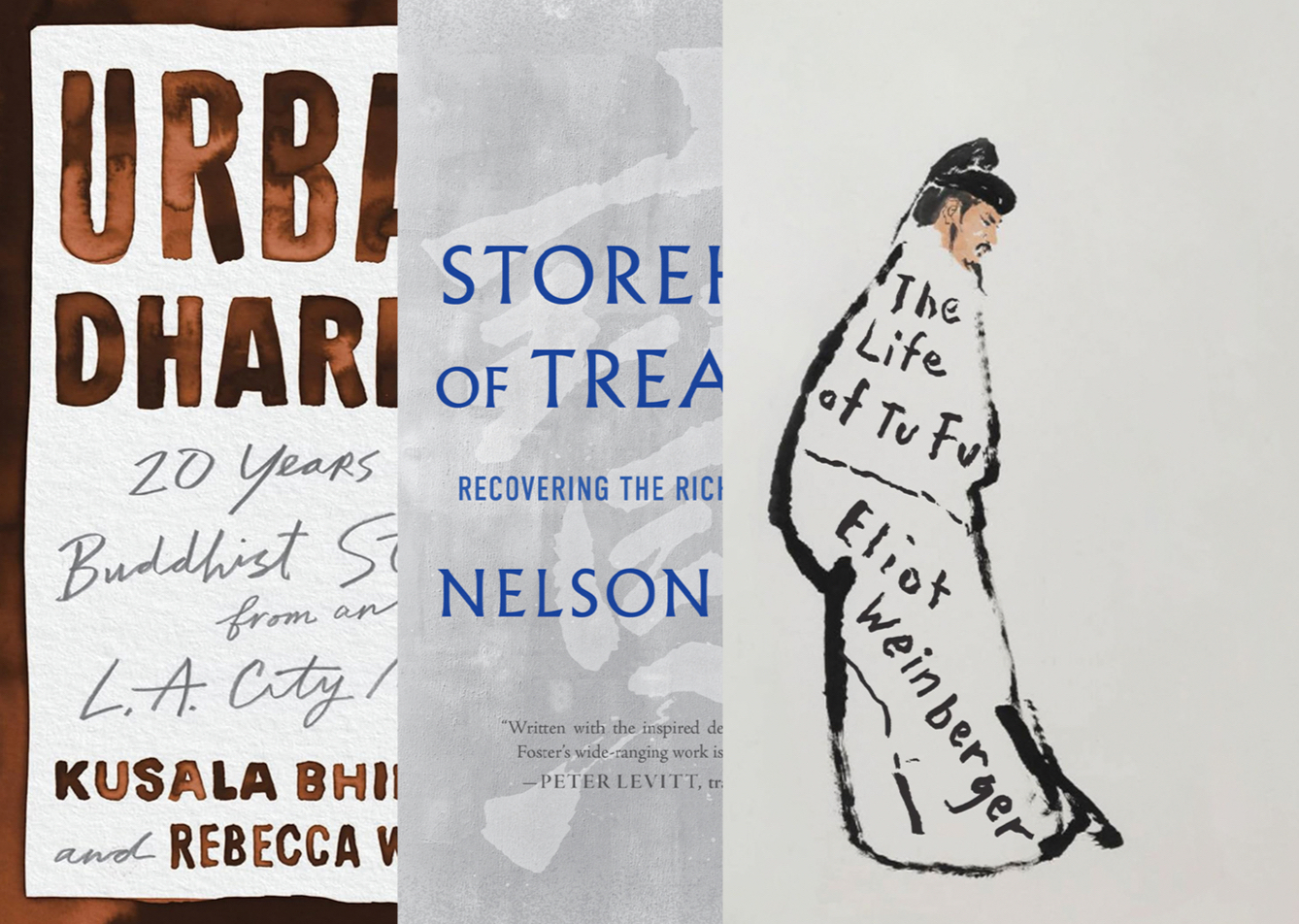 Urban Dharma: 20 years of Buddhist stories from a monk from LA
Urban Dharma: 20 years of Buddhist stories from a monk from LA
by Kusala Bhikshu and Rebecca Wilson
Black Boat Media, April 2024, 229 pages, $17.00, paperback
Kusala Bhikshu’s colorful account covers twenty years of “practicing Buddhism instead of being Buddhism.” Kusala travels around Los Angeles by motorcycle and works as a chaplain in a prison, a juvenile detention center, and a hospital. He is also a chaplain at an Orange County police department. His portraits of suffering people at the lowest points in their lives make for sublime reading, buoyed by Kusala’s unwavering compassion and unflinching sense of humor. Often, it is his doubt and humility in the face of hostility that win people over: He is not afraid to say, “I don’t know.”
Treasure Chamber: Rediscovering the Riches of Chan and Zen
by Nelson Foster
Shambhala Publications, September 2024, 304 pages, $24.95, paperback
Gary Snyder said that to understand Zen, one must know the poets of the Tang and Song dynasties, as well as the basics of Confucianism and Daoism. Nelson Foster, a student and collaborator of the late Robert Aitken, takes this to heart and examines the language of the classic Chan stories with enthusiasm. (What did Bodhidharma really mean by his elliptical replies to Emperor Wu?) Foster’s project is not taken lightly. He warns Western students that the viability of Zen “depends on those of us who love it enough not only to train it diligently, but to study it well and to innovate with great care.”
 The life of Tu Fu
The life of Tu Fu
by Eliot Weinberger
New Directions Publishing, April 2024, 64 pp., $13.95, paperback
The poet and politician Tu Fu (712–770) from the Tang Dynasty is said to have changed the face of Chinese and Japanese literature and left an indelible impression on forms that later kanshiHaiku and tanka. Author Eliot Weinberger describes the collection as a montage – a fictional autobiography derived from the poet’s works. Tu Fu’s words – written after the An Lushan Rebellion of 755 that devastated China and full of images of bloodshed and contagion – sound all too familiar. Meditating on death and the natural world with Daoist, Confucian and Buddhist references, these verses seem like Tang-era analogies for our present-day reality.




